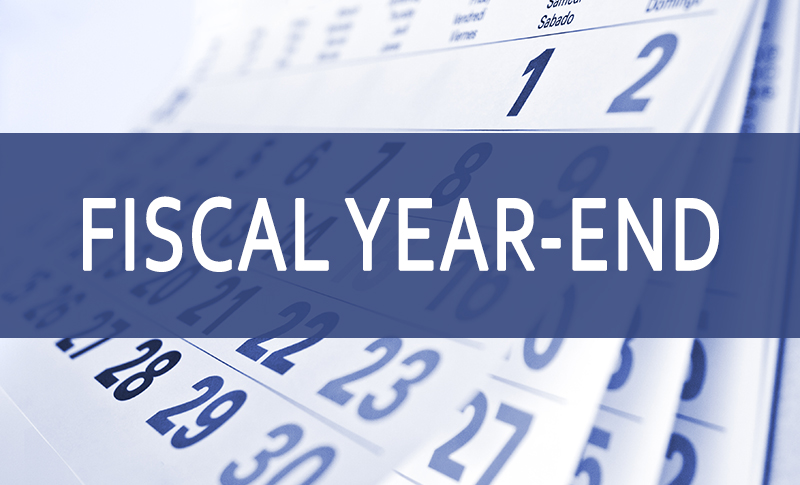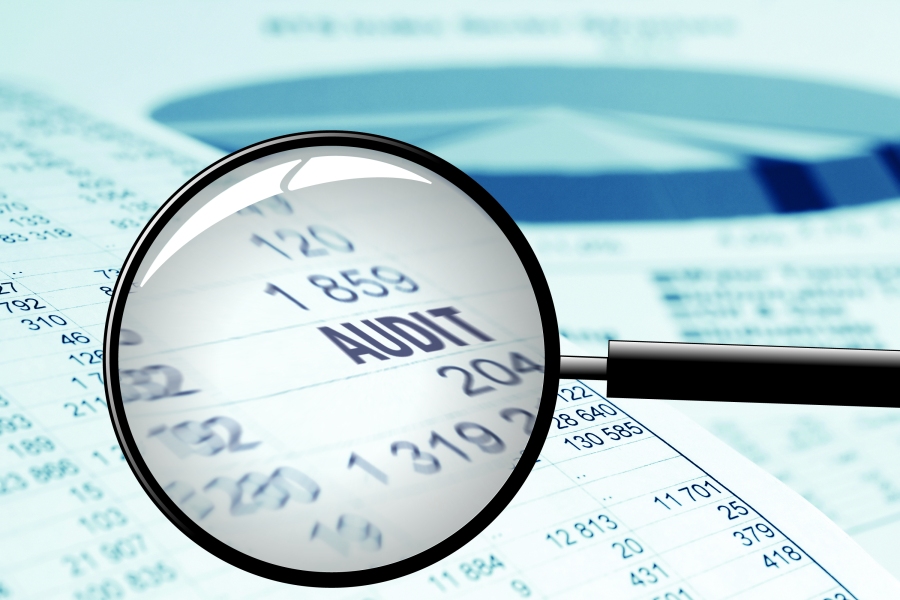… Read How to Find It and What Happens If You Don’t
By 30th April, you’ll likely find a home littered with receipts and other transaction documents.
Yet with all the receipts and tax slips you’re supposed to keep, it’s likely some are going to go missing. A missing slip may have a big impact on your tax bill. Here is a due diligence checklists to help you avoid any penalties on missing or inaccurate information.
Check your “My Account “account online
My Account for Individuals is a great place to start to check your information. By logging into your account, you should be able to find online versions of your T4 slips. You’ll also be able to check carry forward balances like tuition credits or capital losses, as well as your RRSP contribution limits. Continue reading “Can’t find a Tax Slip?”




